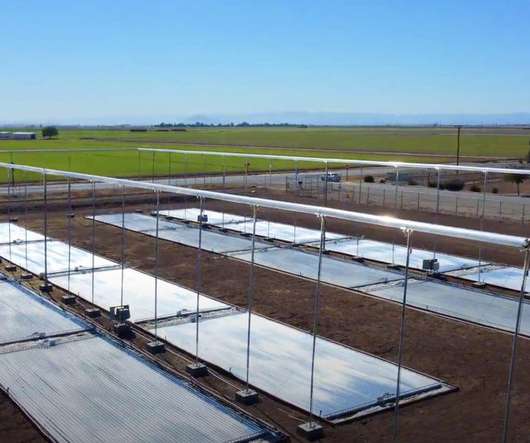The Case for Nuclear Cargo Ships
Cars That Think
JANUARY 20, 2024
The shipping industry has been trying to cut its carbon emissions for years, and with little to show for it. Nearly all of the world’s ship fleet still runs on diesel fuel, with about a quarter of new ships on order being built to run on somewhat lower-carbon alternatives like liquefied natural gas, methanol, or hybrid propulsion.












Let's personalize your content